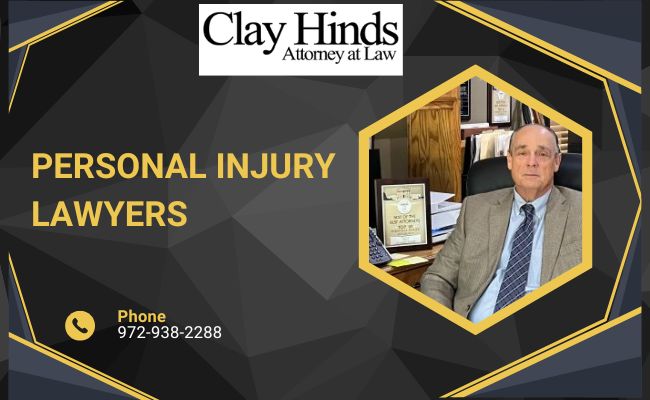Fraud in business can hit you unexpectedly, a trusted partner siphons money, a supplier delivers fake products, or an employee exploits your trust. Regardless of the form it takes, such unethical behavior can devastate your finances and your business’s reputation. If you’ve been a victim of unfair practices, knowing how to take swift and legal action can save you. Here’s a detailed guide to help you fight back effectively.
Identify the Fraud and Gather Concrete Evidence
First things first you must meticulously identify the nature of the fraud. Fraud can take many forms: embezzlement, product misrepresentation, insider trading, or contract violations. Carefully analyze your financial records, agreements, and communications to pinpoint the exact unfair practice.
For instance, imagine a supplier who promised to deliver high-quality machinery but instead sent defective units. You’d need to gather all emails, invoices, contracts, and photos to substantiate your claim. Document every suspicious activity thoroughly because courts value clear, irrefutable evidence.
Don’t leave room for ambiguity. The more comprehensive your documentation, the stronger your legal case becomes.
Consult an Experienced Business Attorney
Once you gather the necessary evidence, consult an experienced business attorney. Fraud is usually involved in complex legal subtleties, and this attorney will know exactly where to begin. They can be of assistance in determining if your case qualifies under fraud laws and can decide which way to proceed legally.
For instance, an owner of a retail store who finds out that one of the employees has been secretly diverting payments from customers needs urgent legal advice. An attorney can help in filing charges, recovery of stolen assets, or even navigating insurance claims.
Choose a lawyer who specializes in business fraud; it is the specialty that will make sure your case holds weight in court.
Issue a Formal Legal Notice
Once you have your lawyer on board, the next step is often issuing a formal legal notice to the fraudster. This notice serves as a clear warning that you intend to pursue legal action unless the issue is resolved amicably. In some cases, this step alone can push the accused party to make amends, especially if they fear the consequences of a court battle.
Take the case of a business partner who misuses company funds for personal gain. By sending a legal notice, you firmly signal your awareness of the fraud and your readiness to act.
The notice should include precise details: what happened, how you were impacted, and what resolution you seek.
File a Civil or Criminal Lawsuit
If the defendant refuses to respond or fails to cooperate, you may be required to escalate matters further through litigation. Depending on the seriousness and nature of the fraud, you may also prefer to file civil or criminal proceedings.
- Civil Suit: Ideal for recovering financial losses or enforcing business contracts. For example, if a vendor breaks their contract terms and delivers fake goods, you can sue for damages and compensation.
- Criminal Suit: Essential for fraudulent actions of theft, forgery, or fraud that merit. For instance, if an accountant falsifies financial reports to steal company funds, criminal charges may apply.
Your lawyer will guide you on which legal path to take and file the case in the appropriate court. Be prepared for a lengthy but worthwhile process if you want justice.
Consider Alternative Dispute Resolution (ADR)
Court cases can be time-consuming, costly, and stressful. If you want a faster resolution, consider Alternative Dispute Resolution (ADR), which includes methods like mediation and arbitration.
For example, you’re in a dispute with a long-term business partner over fraud claims. Rather than completely severing ties or spending years in court, mediation allows both parties to reach a middle ground under legal supervision.
ADR is often quicker, less adversarial, and significantly more cost-effective. Plus, it helps preserve business relationships where possible.
Conclusion
Business fraud can be a devastating experience that feels like a severe betrayal. However, you are not obligated to suffer in silence over such fraud. Swift identification of the fraud, gathering evidence, consulting the right legal counsel, and choosing the right route of law can help to regain your power and protect your business.
Every step from issuing legal notices to considering alternative dispute resolutions ensures that fairness prevails. Take action courageously because fraudsters thrive on inaction. With persistence, evidence, and the law on your side, you can not only seek justice but also restore your business’s integrity and trust.
If you’re facing fraudulent practices, personal injury lawyers can help you recover damages and secure justice. Reach out to experienced professionals today to safeguard your future and your business.

